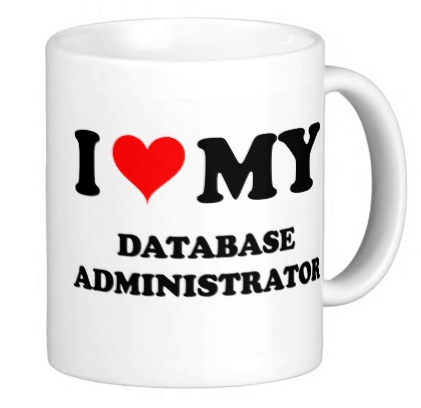 I’m the non-technical marketing guy at SSG. In order to help the team actually market our services, I’ve had to educate myself a little…okay, a lot. I’m learning about MCMs, the utility of scripts, and where to find a SQL Saturday event anywhere in the world.
I’m the non-technical marketing guy at SSG. In order to help the team actually market our services, I’ve had to educate myself a little…okay, a lot. I’m learning about MCMs, the utility of scripts, and where to find a SQL Saturday event anywhere in the world.
I’m also getting familiar with industry trends. Along the way I’ve encountered a years’ worth of new terms that are clearly important but are totally foreign. To say it’s all Greek to me would be generous.
Google is as good a place as any to start learning more about the SQL space, and so I did a search for “strategic role of the DBA.”
As a complete phrase, Google had no results for it. I was shocked. For the sake of thoroughness, changing DBA to “database administrator” yielded two hits—for (now expired) job openings. Hardly worth mentioning, really.
Does this mean the Database Administrator has no strategic role? Is he or she a mere technician, someone to keep the lights on? Or is it up to the CIO to handle strategic considerations, while DBAs just handle the nitty-gritty?
One of the previously mentioned job listings starts like this:
The strategic role of the DBA is to maintain, monitor and back up all database assets. This includes but is not limited to: identifying system requirements, installing updates, monitoring system performance, maintaining security and ensuring licence compliance. The DBA will participate in capacity planning and provide data base support to end users and the organization.
I don’t think that conveys anything about the strategic role of the DBA. My thesis: Data is critical to any business these days, and—when used right—should drive organization-wide strategic decision making. Therefore, the people responsible for data systems have, almost by definition, a strategic role.
Yes, having someone on the team who can “maintain, monitor and back up” databases is important, surely, but what else can they do to add value? What can and should the DBA do to help make that data a strategic asset across the organization? This is not a rhetorical question, either. Leave a comment and let us know!
The lack of results in my Google search also suggests to me that DBAs don’t think of or present themselves as strategic. To establish the strategic role of the DBA, perhaps CIOs and other IT-related executives—who of course do define data strategy—need to better share their strategic vision with and empower their front-line DBAs to act strategically.
And, no matter what the industry as a whole thinks about the role of the DBA, each organization can decide for itself to make the DBA an important, strategic contributor. Wouldn’t you want someone with that kind of perspective overseeing your data systems?




